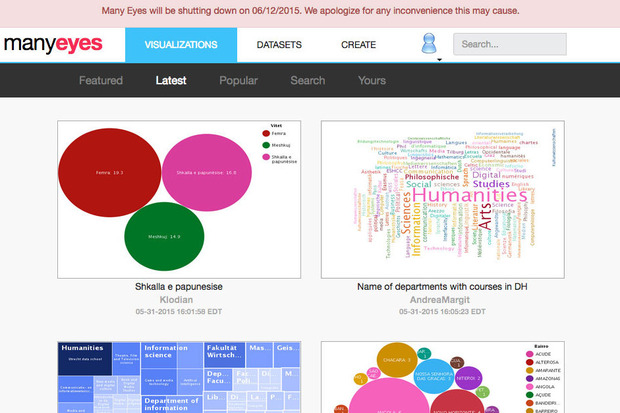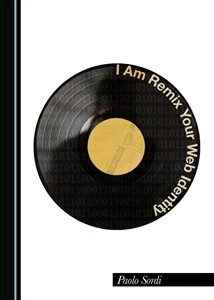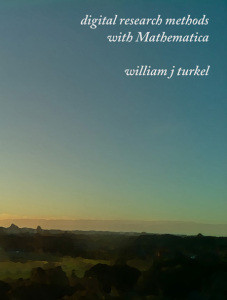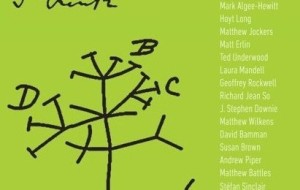Today I deposited a Data Management Plan Recommendation for Social Science and Humanities Funding Agencies (http://hdl.handle.net/10402/era.42201) in our institutional repository ERA. This report/recommendation was written by Sonja Sapach with help from me and Catherine Middleton. We recommended that:
Agencies that fund social science and humanities (SSH) research should move towards requiring a Data Management Plan (DMP) as part of their application processes in cases where research data will be gathered, generated, or curated. In developing policies, funding agencies should consult the community on the values of stewardship and research that would be strengthened by requiring DMPs. Funding agencies should also gather examples and data about reuse of archived data in the social sciences and humanities and encourage due diligence among researchers to make themselves aware of reusable data.
On the surface the recommendation seems rather bland. SSHRC has required the deposit of research data they fund for decades. The problem, however, is that few of us pay attention because it is one more thing to do, and something that shares hard-won data with others that you may want to continue milking for research. What we lack is a culture of thinking of the deposit of research data as a scholarly contribution the way the translation and edition of important cultural texts is. We need a culture of stewardship as a TC3+ (tri-council) document put it. See Capitalizing on Big Data: Toward a Policy Framework for Advancing Digital Scholarship in Canada (PDF).
Given the potential resistance of colleagues it is important that we understand the arguments for requiring planning around data management and that is one of the things we do in this report. Another issue is how to effectively require at the funding proposal end something (like a Data Management Plan) that would show how the researchers are thinking through the issue. To that end we document the approaches of other funding bodies. The point is that this is not actually that new and some research communities are further ahead.
At the end of the day, what we really need is a recognition that depositing data so that it can be used by other researchers is a form of scholarship. Such scholarship can be assessed like any other scholarship. What is the data deposited and what is its quality? How is the data deposited? How is it documented? Can it have an impact?
You can find this document also at Catherine Middleton’s web site and Sonja Sapach’s web site.




